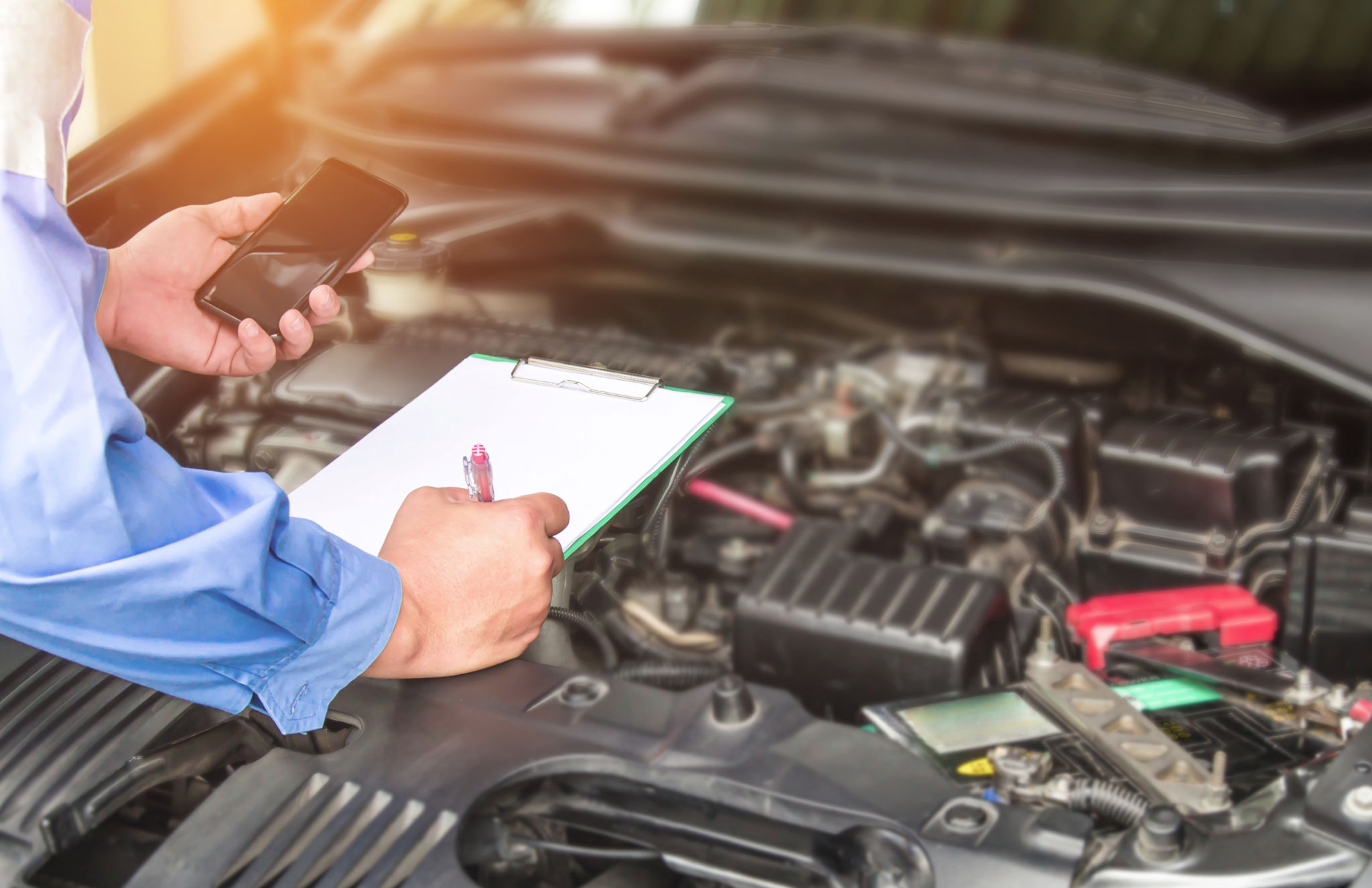Weather-Proofing Your Car for Transport in Grand Junction
Understanding the Importance of Weather-Proofing
When transporting your vehicle, especially in a place like Grand Junction, it's essential to consider the local weather conditions. The region is known for its diverse climate, ranging from scorching summers to snowy winters. Weather-proofing your car ensures it remains in top condition throughout the journey, safeguarding it against potential damage from the elements.
Weather-proofing isn't just about keeping your car dry; it's about protecting the exterior and interior components from extreme temperatures, moisture, and even UV rays. By taking the necessary precautions, you can prevent costly repairs and maintain your vehicle's value.

Preparing Your Car for Transport
Before you begin the process of weather-proofing, it's crucial to prepare your car for transport. Start by giving your vehicle a thorough wash. This helps you identify any existing damage and ensures that protective measures adhere properly. Additionally, clean the interior to eliminate any items that could be affected by temperature changes or humidity.
Next, conduct a comprehensive inspection of your car. Check for any existing scratches, dents, or mechanical issues. Document these with photos and notes, as this will be useful for insurance purposes. Ensuring your car is in good condition before transport can prevent misunderstandings later.
Choosing the Right Cover
One of the most effective ways to weather-proof your car is by using a high-quality cover. Choose a cover that's specifically designed for your vehicle's make and model. A well-fitted cover will protect against rain, snow, and UV rays, while also preventing dust and debris from settling on your car.
Look for covers made from breathable materials to avoid moisture build-up, which can lead to mold and mildew. Additionally, ensure the cover is secured tightly to prevent it from being blown away by strong winds. A good cover is an investment in your vehicle's longevity.

Protecting the Interior
While the exterior of your car is important, don't forget about the interior. Extreme temperatures can wreak havoc on your car's interior components, such as leather seats, dashboard, and electronics. To protect these areas, consider using sunshades and seat covers.
Sunshades can significantly reduce the temperature inside your car, preventing cracking and fading of the dashboard. Seat covers, especially those made from UV-resistant materials, will protect your seats from sun damage and wear. For added protection, consider using a moisture-absorbing product to keep the interior dry.
Maintaining Fluid Levels
Before transporting your car, check all fluid levels, including oil, coolant, and windshield washer fluid. In cold weather, it's crucial to ensure that your antifreeze levels are adequate to prevent the engine from freezing. In contrast, during hot weather, maintaining the right amount of coolant is essential to prevent overheating.
Additionally, ensure your fuel tank is at least a quarter full. This not only provides extra weight, which can stabilize the car during transport, but also ensures you have enough fuel to drive once your vehicle reaches its destination.

Insurance and Documentation
Before your car is transported, review your insurance policy to understand what is covered during transit. Some policies may not cover weather-related damages, so it's essential to know your coverage. If necessary, consider purchasing additional insurance for the transport period.
It's also a good idea to have all necessary documentation ready, including your car's registration, insurance papers, and transport agreement. Having these documents on hand can streamline the process and provide peace of mind.
By following these steps, you can effectively weather-proof your car for transport in Grand Junction, ensuring it arrives at its destination in pristine condition. Taking the time to prepare your vehicle will save you from potential headaches and expenses down the road.
